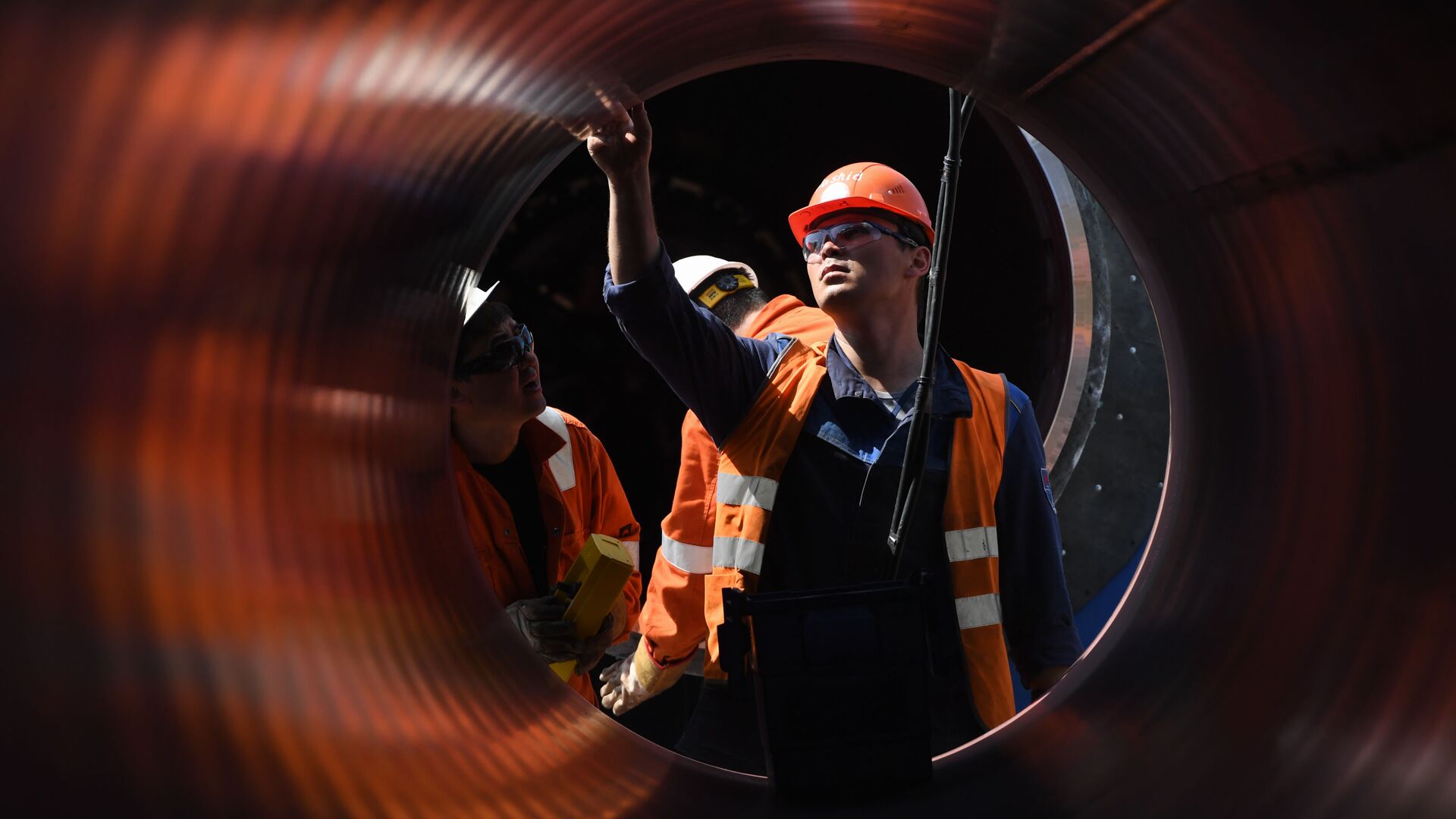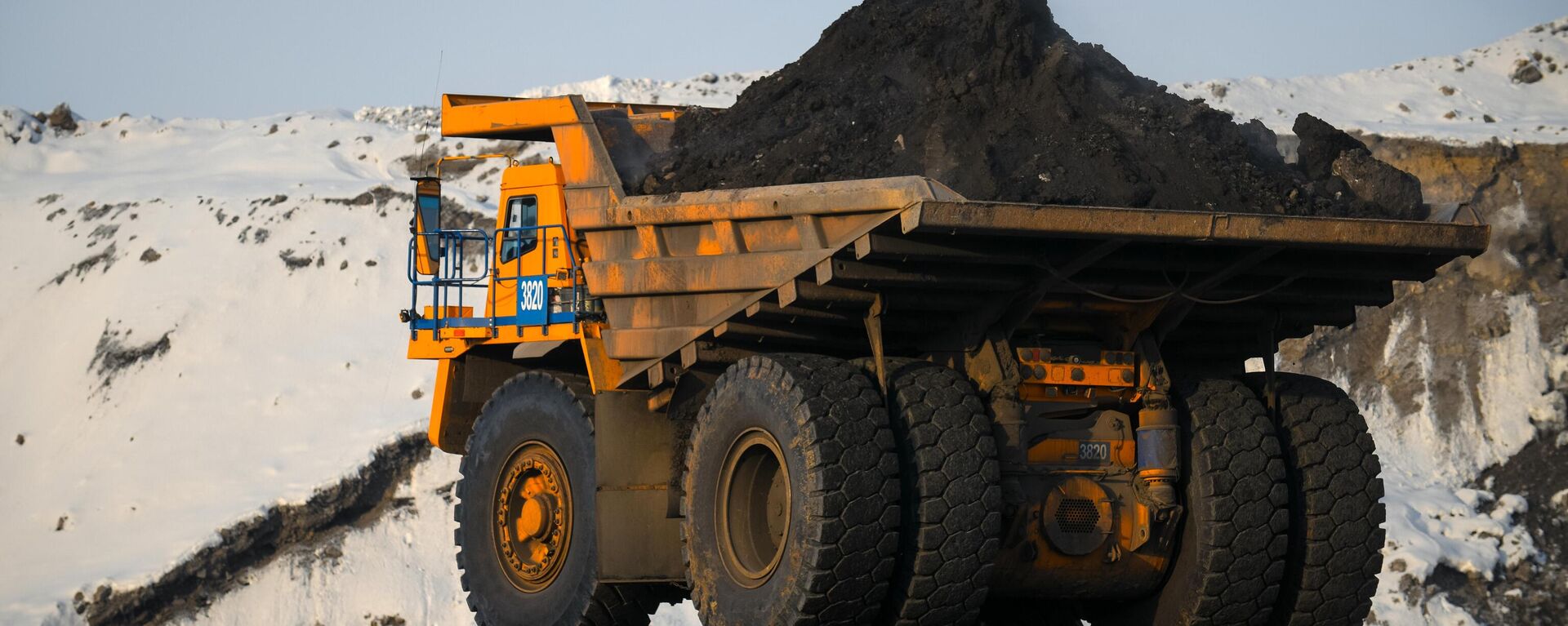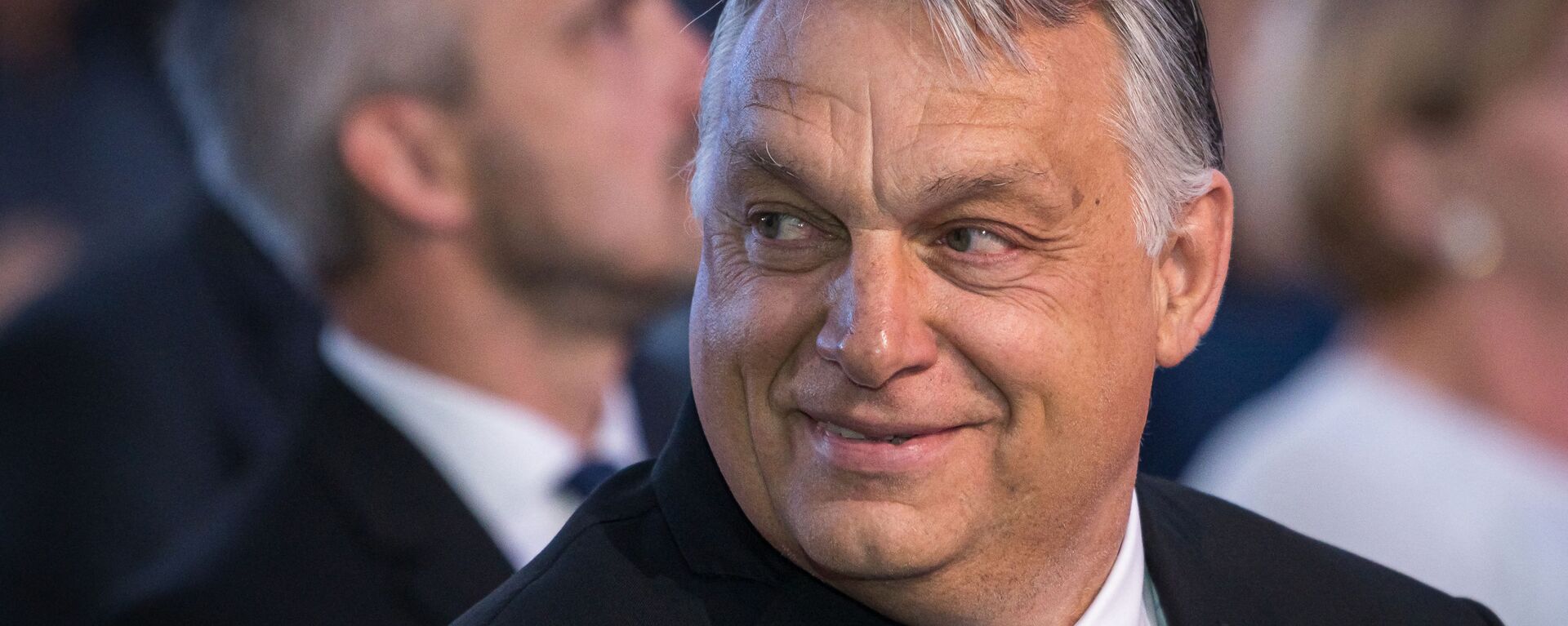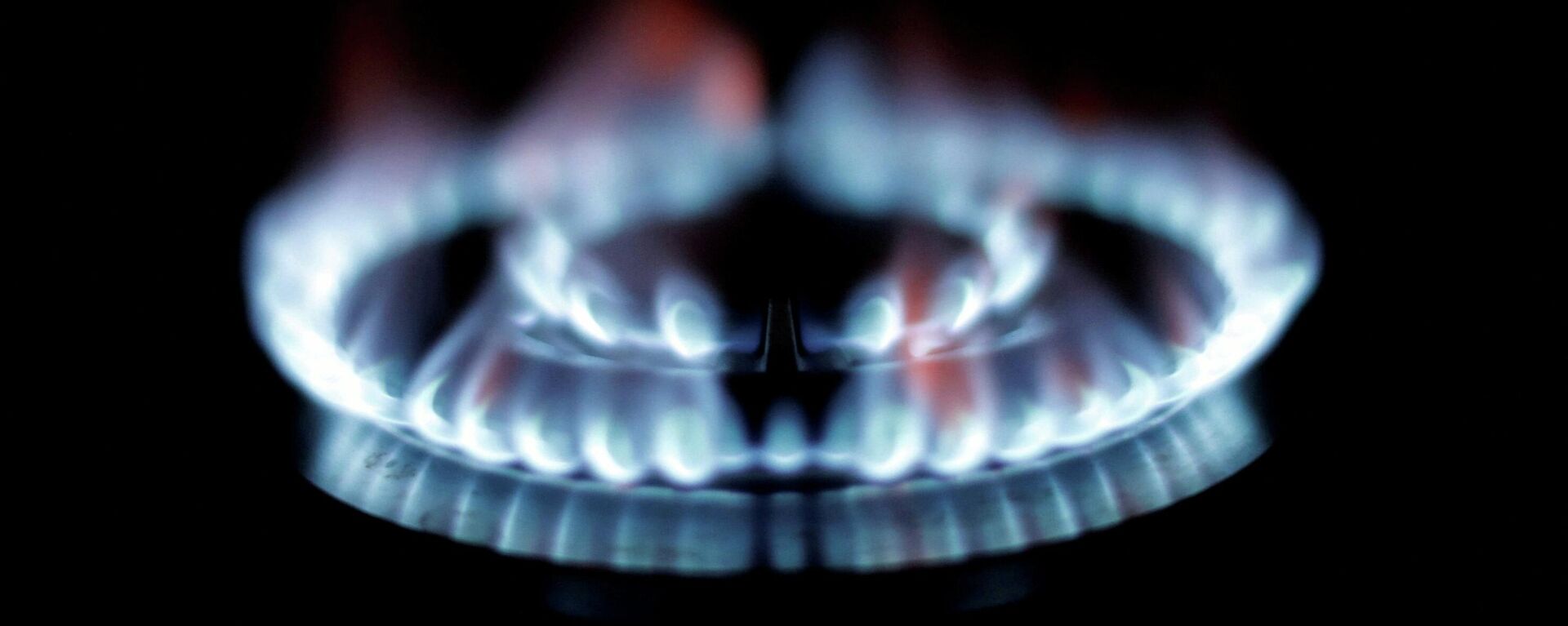https://sputnikglobe.com/20220415/eu-wont-be-able-to-fully-replace-russian-oil--gas-in-next-5-10-years-russian-deputy-pm-says-1094786542.html
EU Won't Be Able to Fully Replace Russian Oil & Gas in Next 5-10 Years, Russian Deputy PM Says
EU Won't Be Able to Fully Replace Russian Oil & Gas in Next 5-10 Years, Russian Deputy PM Says
Sputnik International
This comes against the background of numerous statements by European governments about their intention to abandon Russian energy imports as part of sanctions... 15.04.2022, Sputnik International
2022-04-15T11:26+0000
2022-04-15T11:26+0000
2023-04-12T17:15+0000
gas
alexander novak
sanctions
russia
energy
oil
european union (eu)
https://cdn1.img.sputnikglobe.com/img/107728/17/1077281737_0:160:3073:1888_1920x0_80_0_0_9ceb4717c3960c0e444709a46fe770a9.jpg
The EU won't be able to fully replace Russian oil and gas in the next five or ten years, Russian Deputy Prime Minister Alexander Novak said, adding that this opinion is shared by key participants of the global energy sector.The official emphasised that the decision of foreign energy companies to stop cooperation with Russia is usually not voluntary, and Moscow hopes that in the long run, rationality will prevail.Analysing the current situation on the global energy market in his article for "Energy Policy" magazine, Novak says that American LNG producers have long been seeking to get a lion's share of the European market, but the lack of infrastructure necessary to purchase LNG prevents them from boosting their exports. Apart from the US, the EU has been considering Qatar, Saudi Arabia, Kuwait, and Algeria as possible sources of energy imports. "However, OPEC already said that its member countries won't be able to compensate for decreasing Russian energy supplies on international market”, Novak wrote.As far as coal supplies to the EU are concerned, South America and South Africa could replace Russia, but "experts believe it will be difficult to these regions to offer adequate prices due to significant logistical costs and high demand", the deputy prime minister noted.On Record Gas Futures PricesNovak commented on the current volatility of global energy markets, saying that the prices hit an all-time high last month – and that this is not the limit."High volatility and an unprecedented rise in energy prices became a swift reaction to the uncertainty caused by anti-Russian sanctions imposed by unfriendly countries. As a result of this, prices for all major energy carriers rose to record levels within just hours in March...Experts believe this is not the limit since uncertainty on energy markets persists", Novak wrote.The Russian deputy minister stressed that the price of European gas futures hit nearly $4,000 per 1,000 cubic metres, while oil traded at $140 per barrel and coal prices reached $460 per tonne.According to Novak, Russia's decision to switch gas payments to rubles is logical since the country has the right to get fully paid for its supplies and can no longer receive payments in other currencies due to sanctions.How Much Oil and Gas Do US and UK Get From Russia?While the US and UK say that they have reduced Russian energy imports, the figures show the opposite trend, Novak said. The US is not buying gas from Russia, but the share of Russian gas in UK imports increased from zero in 2017 to more than 6% by the end of 2021. Meanwhile, the share of Russian oil in US imports is about 8%, and 6% in UK imports, Novak wrote. In the week from 19 March to 25 March alone, the United States increased oil supplies from Russia by 43%, the official stressed.According to Eurostat, the share of Russian diesel in the total volume of UK imports from 2011 to 2019 increased from 16 to 34%. In addition to that, coal supplies from Russia to the UK have increased, too: in 2016 they accounted for 27% of all coal imports, while in 2021 this figure increased to 43%. However, the UK plans to completely abandon Russian coal by the end of this year. Why Did Anti-Russia Sanctions Backfire at Almost Everyone?Novak also reflected on the role Russia has traditionally played on the global energy market. He said that after the West introduced sanctions against Russia, they immediately caused a crisis on the market, subsequently affecting the production, food, and labour sectors. This proved "the status of our country as a leader of the global energy industry". "Without taking into account Russia's interests and engaging in equal dialogue...stable development of the fuel and energy industries, and hence the global economy is impossible", the Russian deputy prime minister concluded.
https://sputnikglobe.com/20220303/sanctions-against-russia-over-ukraine-prompt-coal-prices-to-skyrocket-1093551682.html
https://sputnikglobe.com/20220406/eu-member-hungary-weighs-buying-russian-gas-in-rubles-orban-says-1094536773.html
https://sputnikglobe.com/20220319/germany-unable-to-heat-homes-next-winter-without-russian-gas-supplies-minister-says-1094015693.html
Sputnik International
feedback@sputniknews.com
+74956456601
MIA „Rossiya Segodnya“
2022
News
en_EN
Sputnik International
feedback@sputniknews.com
+74956456601
MIA „Rossiya Segodnya“
Sputnik International
feedback@sputniknews.com
+74956456601
MIA „Rossiya Segodnya“
gas, alexander novak, sanctions, energy, oil, european union (eu)
gas, alexander novak, sanctions, energy, oil, european union (eu)
EU Won't Be Able to Fully Replace Russian Oil & Gas in Next 5-10 Years, Russian Deputy PM Says
11:26 GMT 15.04.2022 (Updated: 17:15 GMT 12.04.2023) This comes against the background of numerous statements by European governments about their intention to abandon Russian energy imports as part of sanctions against Russia over its special operation in Ukraine.
The EU won't be able to fully replace Russian oil and gas in the next five or ten years, Russian Deputy Prime Minister Alexander Novak said, adding that this opinion is shared by key participants of the global energy sector.
The official emphasised that the decision of foreign energy companies to stop cooperation with Russia is usually not voluntary, and Moscow hopes that in the long run, rationality will prevail.
According to Novak, Europe hardly has an adequate alternative to Russian energy resources, and the future of European industry and Europeans themselves depends on the rationality of the EU.
Analysing the current situation on the global energy market in his article for "Energy Policy" magazine, Novak says that American LNG producers have long been seeking to get a lion's share of the European market, but the lack of infrastructure necessary to purchase LNG prevents them from boosting their exports. Apart from the US, the EU has been considering Qatar, Saudi Arabia, Kuwait, and Algeria as possible sources of energy imports. "However, OPEC already said that its member countries won't be able to compensate for decreasing Russian energy supplies on international market”, Novak wrote.
As far as coal supplies to the EU are concerned, South America and South Africa could replace Russia, but "experts believe it will be difficult to these regions to offer adequate prices due to significant logistical costs and high demand", the deputy prime minister noted.
On Record Gas Futures Prices
Novak commented on the current volatility of global energy markets, saying that the prices hit an all-time high last month – and that this is not the limit.
"High volatility and an unprecedented rise in energy prices became a swift reaction to the uncertainty caused by anti-Russian sanctions imposed by unfriendly countries. As a result of this, prices for all major energy carriers rose to record levels within just hours in March...Experts believe this is not the limit since uncertainty on energy markets persists", Novak wrote.
The Russian deputy minister stressed that the price of European gas futures hit nearly $4,000 per 1,000 cubic metres, while oil traded at $140 per barrel and coal prices reached $460 per tonne.
According to Novak, Russia's decision to switch gas payments to rubles is logical since the country has the right to get fully paid for its supplies and can no longer receive payments in other currencies due to sanctions.
How Much Oil and Gas Do US and UK Get From Russia?
While the US and UK say that they have reduced Russian energy imports, the figures show the opposite trend, Novak said.
The US is not buying gas from Russia, but the share of Russian gas in UK imports increased from zero in 2017 to more than 6% by the end of 2021. Meanwhile, the share of Russian oil in US imports is about 8%, and 6% in UK imports, Novak wrote. In the week from 19 March to 25 March alone, the United States increased oil supplies from Russia by 43%, the official stressed.
According to Eurostat, the share of Russian diesel in the total volume of UK imports from 2011 to 2019 increased from 16 to 34%. In addition to that, coal supplies from Russia to the UK have increased, too: in 2016 they accounted for 27% of all coal imports, while in 2021 this figure increased to 43%. However, the UK plans to completely abandon Russian coal by the end of this year.
Why Did Anti-Russia Sanctions Backfire at Almost Everyone?
Novak also reflected on the role Russia has traditionally played on the global energy market. He said that after the West introduced sanctions against Russia, they immediately caused a crisis on the market, subsequently affecting the production, food, and labour sectors. This proved "the status of our country as a leader of the global energy industry".
"Without taking into account Russia's interests and engaging in equal dialogue...stable development of the fuel and energy industries, and hence the global economy is impossible", the Russian deputy prime minister concluded.





